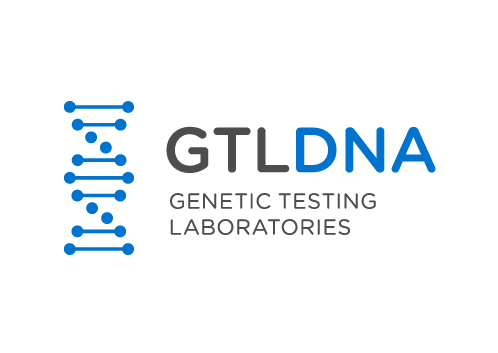A DNA paternity test provides 99.999% accurate proof that a tested man is the biological father of a child when the mother also takes part in the test. There is a 100% accuracy level of proof that a tested man is not the father of a child. The tests work because every person (except identical twins) has a unique pattern of DNA called a genetic fingerprint. By comparing parts of a person’s genetic fingerprint with fingerprints from other people, relationships can be established or proved to be false.
Courts have a statutory power to direct a scientific test to establish the parentage of a child under section 20 of the Family Law Reform Act 1969. Disputes of parentage arise for many different reasons. An example of a typical case may be a person denying they are a child’s father and therefore are not liable to pay child maintenance.
There are many DNA testing companies. The majority of them are not accredited by the Ministry of Justice and therefore cannot undertake DNA paternity tests that will stand up in court. Instead, they provide ‘peace of mind’ tests to an ever-growing marketplace.
Accredited Paternity Testing
It is the responsibility of the Ministry of Justice (MoJ) to maintain a list of accredited DNA testing laboratories. When a court makes a ‘section 20 direction’ only those testing laboratories on the MoJ’s list can be appointed to carry out the test.
Accredited testing laboratories have met the requirements set out by the MoJ. These are largely criteria designed to ensure that the scientific evidence they provide is sound and reliable.
There are currently only 11 testing laboratories on the MoJ list. These laboratories provide a very high level of service.
The MoJ Requirements for Paternity Testing Accreditation are Outlined Below:
Laboratories must apply in writing on a form provided by the MoJ which must be signed and the original submitted.
Laboratories must be currently accredited to ISO/IEC17025 which is an international laboratory standard covering measurement and testing. They must also be currently accredited by an accreditation body that complies with the requirements of ISO/IEC17011. For accreditation to continue the company must be regularly audited by the accreditation body to ensure continued compliance with the desired standards.
They must also show evidence of complying with the Department of Health’s Code of Practice and Guidance on Genetic Paternity Testing Services. These guidelines were written by an Ad Hoc Group made up of geneticists and other professionals.
They must comply with Blood Tests (Evidence of Paternity) Regulations 1971.
They must also comply with requirements of how their accredited status is advertised in their company literature.
Laboratories must ensure that the processing of personal data will have adequate data protection procedures in operation as outlined in the Data Protection Act 1998.
Lastly, compliant laboratories must hold data only for as long as is necessary. The maximum time a DNA sample can be held is 6 months and for results of tests it is 12 months.
The MoJ only accredits individual laboratories to carry out court directed section 20 tests. This accreditation does not extend to any other laboratories claiming to work in partnership with an MoJ accredited company.
Contact GTL now for more information about accredited paternity testing on 0333 300 3130 or email us at [email protected].
